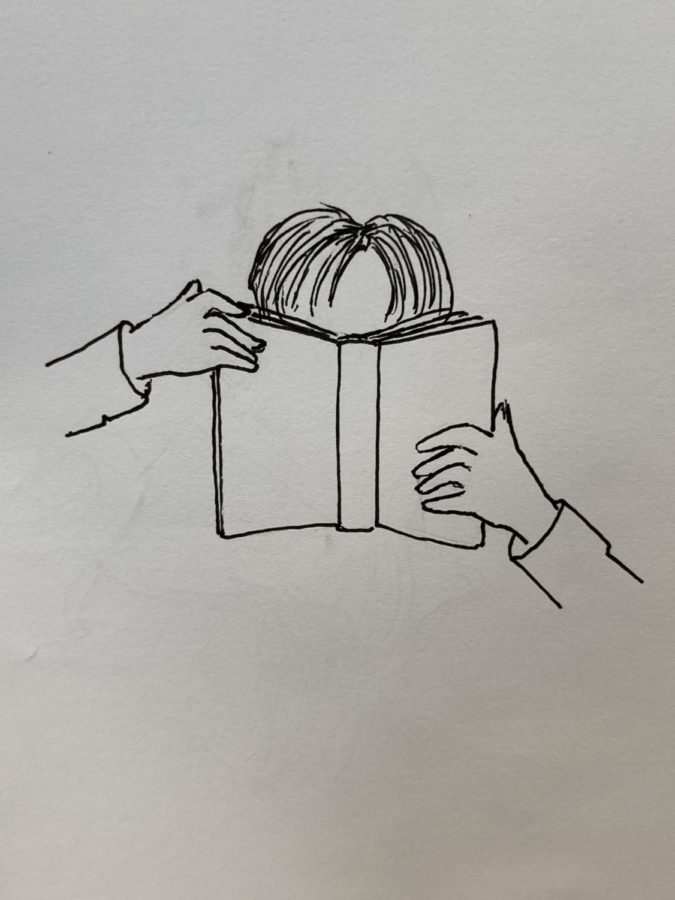To read or not to read?
The question surrounding banned books
April 5, 2022
Is of Jan. 10, 8th graders in McMinn County, Tennes- see will no longer read “Maus”a graphic novel by Art Speigelman about his parent’s experience of the Holocaust. The recent increase in banning books begs the question: should we be doing this?
Well, no. It’s one thing to update the curriculum due to professional evaluations, but it is inappropriate to remove a book from the classroom because people think that students should not be exposed to difficult topics.
So what is a banned book? Banned books are those which someone has removed from a curriculum and or library. Amanda Workman, Shorewood librarian, explains that books are challenged by a member of the community. This is different from assessments from teachers, librarians, the author, and the publisher, which dictate a book’s age-range.
At Shorewood, “To Kill A Mockingbird” is in the process of being replaced as required reading in freshman English because it uses the N-word many times and due to its limited characterization. “The story focuses on a white savior character without the inclusion of round dynamic Black characters who can speak for themselves,” Barb Lachman, English teacher, explained.
So what makes “To Kill A Mockingbird” different from “Maus”? According to the New York Times, “Maus” has been banned because language and the depiction of a naked character were deemed too adult for children. I’ll be honest, “Maus” is a very hard book to read. But the Holocaust is difficult history. “Maus” is told from the perspective of a man deeply affected by that history. He uses language in a way that “To Kill A Mockingbird” doesn’t. Using “To Kill A Mockingbird” to talk about Southern racism is only partially useful, because it cannot genuinely represent the Black experience.
Books on banned book lists often involve controversial or heavier topics. Take “The Handmaid’s Tale,” “All Boys Aren’t Blue,” or “1984” for example. These books cover religion, gender, life, government, freedom, expression, sexuality and grief.
Now we shouldn’t be picking books for school only because they are controversial. The best books are the ones that delve into what it means to be human and allow students to develop ideas around these topics. A good book makes someone think. Because of this depth, it often pushes the boundaries of existing prejudice. So books may be heavy because it matters. I hate to be the bearer of bad news: but students have to learn how to discuss difficult topics. We don’t live in a bubble. And learning civil discourse through using different viewpoints to expand knowledge and form ideas is essential. If you don’t have access to literature that facilitates that, you miss out on an opportunity for conversation.
So no, there is not a problem with a group of educators reevaluating whether a different book would better represent their students’ needs. There is a problem with people removing books because they contain societal issues. We need to have the discussions challenging books bring up to see a broader spectrum of human existence.



